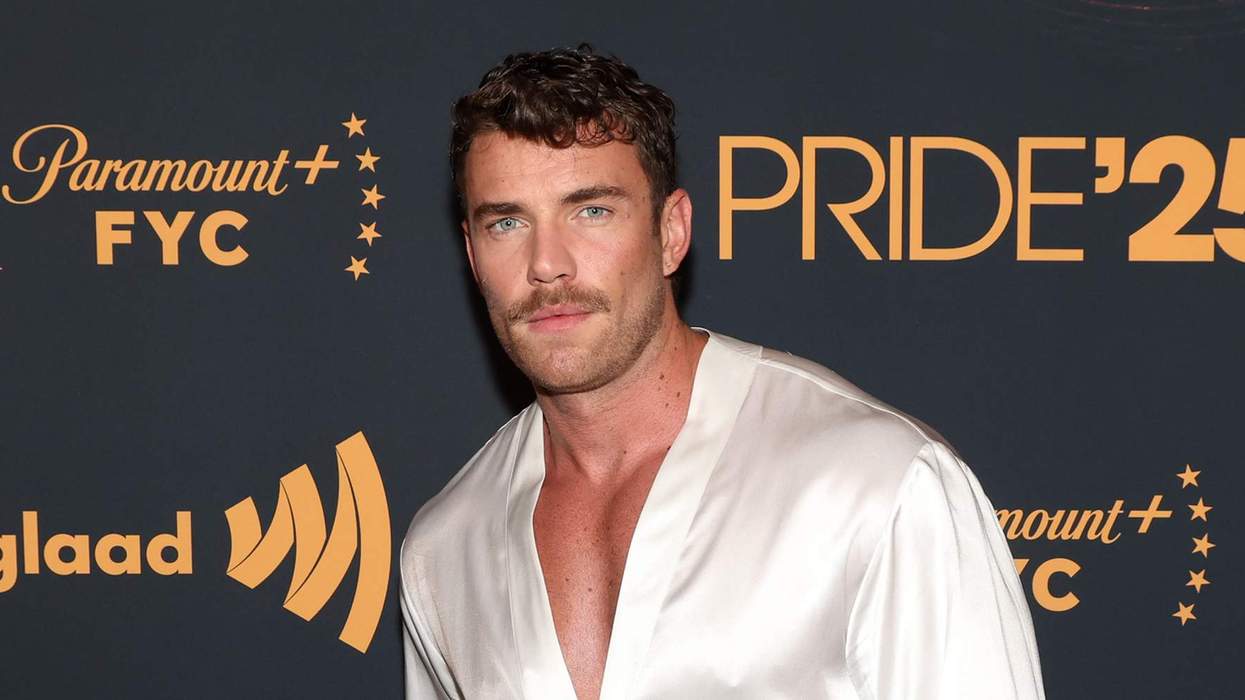After four years on the frontlines of the Black Lives Matter movement, activist DeRay Mckesson has written his first book. In The Other Side of Freedom, he attempts to make sense of his experiences protesting systemic police violence against African-Americans while galvanizing others to make change in their own communities. He also writes for the first time about being gay and living in "the quiet."
What was the goal with the book?
I wanted to reflect on everything I've experienced, the lessons that I've taken from them, what I would have done differently, and where I think we should go from there. I just wanted to use these stories as a way to talk about larger ideas.
The first chapter of the book is all about hope. What do you say to people who are finding it hard to hold onto hope in the current political climate?
People misunderstand hope as magic, and don't understand that hope is work. There's a difference between faith and hope, and sometimes my faith wavers, but my hope is pretty constant. I've always believed that hope is the belief that our tomorrows can be better than today.
This is the first time you've written about being gay. Why did it take so long?
I needed to be ready to write about it. I talk about it a lot. One of the important things about being out, especially at the beginning of the protests given my platform, is that I didn't want people to think that the only way that I had a platform was by hiding. I didn't want any gay young boy or girl or trans person to think that the only way to make an impact is to hide your identity. So it was important to be publicly out really early. With that said, I spent so much time on the issues of policing and writing about structural things that I just wasn't writing about myself at all.
You write about this concept of the Quiet vs. the Closet. Can you explain what that distinction means to you?
It started out as a tweet: "Just because you didn't know doesn't mean I was hiding." I've been in "the quiet," not the closet. People can tell you about their identity on their own terms, but just because you didn't know doesn't mean someone was hiding this big secret from you. And so many of us are waiting for other people to signal that they also are in the Quiet, so they can realize that they're not alone. I think about what happened at the protests -- all of a sudden the Quiet is able to make noise.
As an activist and an organizer, what do you want everyone who reads this interview to do immediately?They should go order the book. [Laughs] Every chapter offers different ideas that I hope people can translate into action. Every chapter has things I want people to use as tools to think about how they engage in the world.
Would you ever consider running for public office again?
Yeah. When I ran for mayor [of Baltimore], it was when people felt like the only way to make change was from the outside. That's changed completely. Like, if you don't run for office you don't care about the world. I would definitely run again.
The Other Side of Freedom is available for purchase now.
Photography by Ryan Pfluger





























